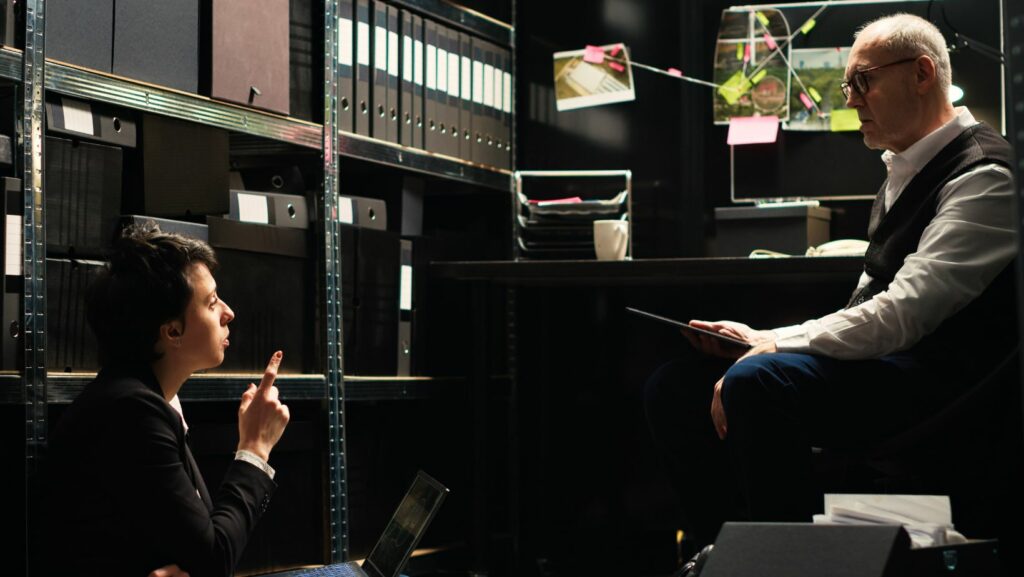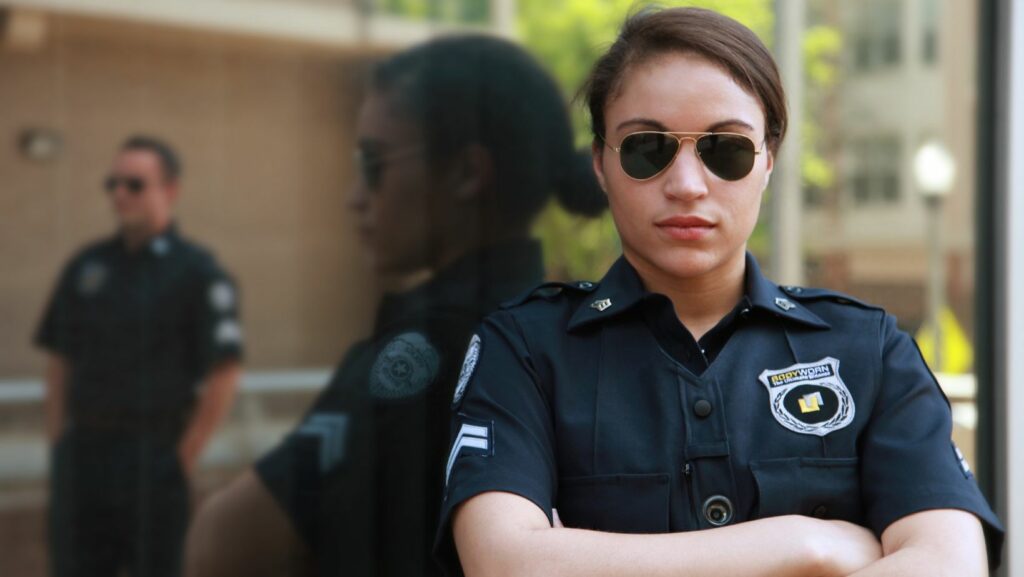Campus Law Enforcement Officers Now Have

In the ever-evolving landscape of campus security, there’s a new development that’s turning heads. Campus law enforcement officers are now equipped with more than just the traditional tools of the trade. This change isn’t just a matter of adding a few new gadgets to their belts. It’s a significant shift in the way campus safety is approached and managed.
This evolution in campus law enforcement is more than just a trend. It’s a response to the changing demands and expectations of a modern campus environment. Stay tuned as we delve into the specifics of what these officers now have at their disposal, and how it’s transforming the face of campus security.
Evolution of Campus Law Enforcement
The dynamic of campus law enforcement has continually evolved over the years. This transformation reflects changes within the society, advancing technology, and the rising demands for improved security in academic institutions. This section delves into the historical overview of campus law enforcement and discusses the shift in training and responsibilities.
Historical Overview

Initial models of campus law enforcement mirrored neighborhood watch programs, primarily focusing on securing properties and handling minor offenses. Campus officers during these early years wielded minimal authority, mostly serving to maintain order in campus dormitories and other facilities. In the 1960s and 70s, significant societal changes led to a reevaluation of campus security measures. These changes prompted the implementation of professional police departments on campus grounds, a move necessitated by rising crime rates and calls for improved security measures.
Changes in Training and Responsibilities

As the roles of campus law enforcement grew, so did the demands for specialized training. Traditional knowledge of law enforcement wasn’t sufficient anymore – campus law enforcement officers had to familiarize themselves with the unique dynamics of a campus environment. For instance, they needed to learn how to handle situations involving underage drinking, or recognize and respond to potential incidents of sexual assault and harassment.
In recent years, technological advancements have also reshaped the responsibility of campus law enforcement. The advent of advanced surveillance systems, digital communication platforms, and modern forensic tools have increased the scope of campus security. Today’s campus officers are trained in sophisticated crime prevention tasks and emergency management strategies, making them more equipped to safeguard a diverse and dynamic campus population.
Current Capabilities of Campus Law Enforcement Officers
Campus law enforcement officers exhibit a diverse array of capabilities, reflective of the changing dynamics of modern campus environments. These capabilities permeate through various facets such as technological advancements and enhanced tactical training.
Technological Advancements
Driven by modern advancements, campus law enforcement officers integrate technology into their daily operations. They use surveillance tools, like CCTV cameras and tracking devices, for real-time oversight on campus activities. Developed crime analysis software aids in comprehensive data investigation, enhancing their crime-solving capacity. In emergency situations, they resort to advanced communication systems that streamline contact with local emergency service providers. For example, mass notification systems get utilized for widespread, immediate updates during crises.
Enhanced Tactical Training
Campus law enforcement officers undergo expanded tactical training, molding them into adept responders to a wide range of situations. They receive targeted instruction for mitigating common campus security issues such as sexual assault and substance misuse. This training includes crisis diffusion techniques and de-escalation strategies, which are critical in volatile situations like student protests. Along with this, they also take part in specialized training programs like active shooter drills for immediate response in critical situations. For instance, advanced mock drills simulate emergencies to ensure officers are well-prepared for actual events.
Mental health concerns stand out as a pressing challenge that campus law enforcement officers often grapple with. A high percentage of students experience stress, anxiety, and depression, with numerous cases escalating into emergency situations. Officers bear the responsibility of recognizing these issues, appropriately responding to such crises, and connecting students with mental health resources. Their role becomes critically important in handling situations delicately without exacerbating these conditions. For instance, in situations where a student is experiencing a mental health crisis, officers must respond and intervene in a manner that calms the situation while ensuring everyone’s safety. Student populations look up to campus law enforcement officers, which demands a high degree of mental health literacy for these law enforcement professionals.

